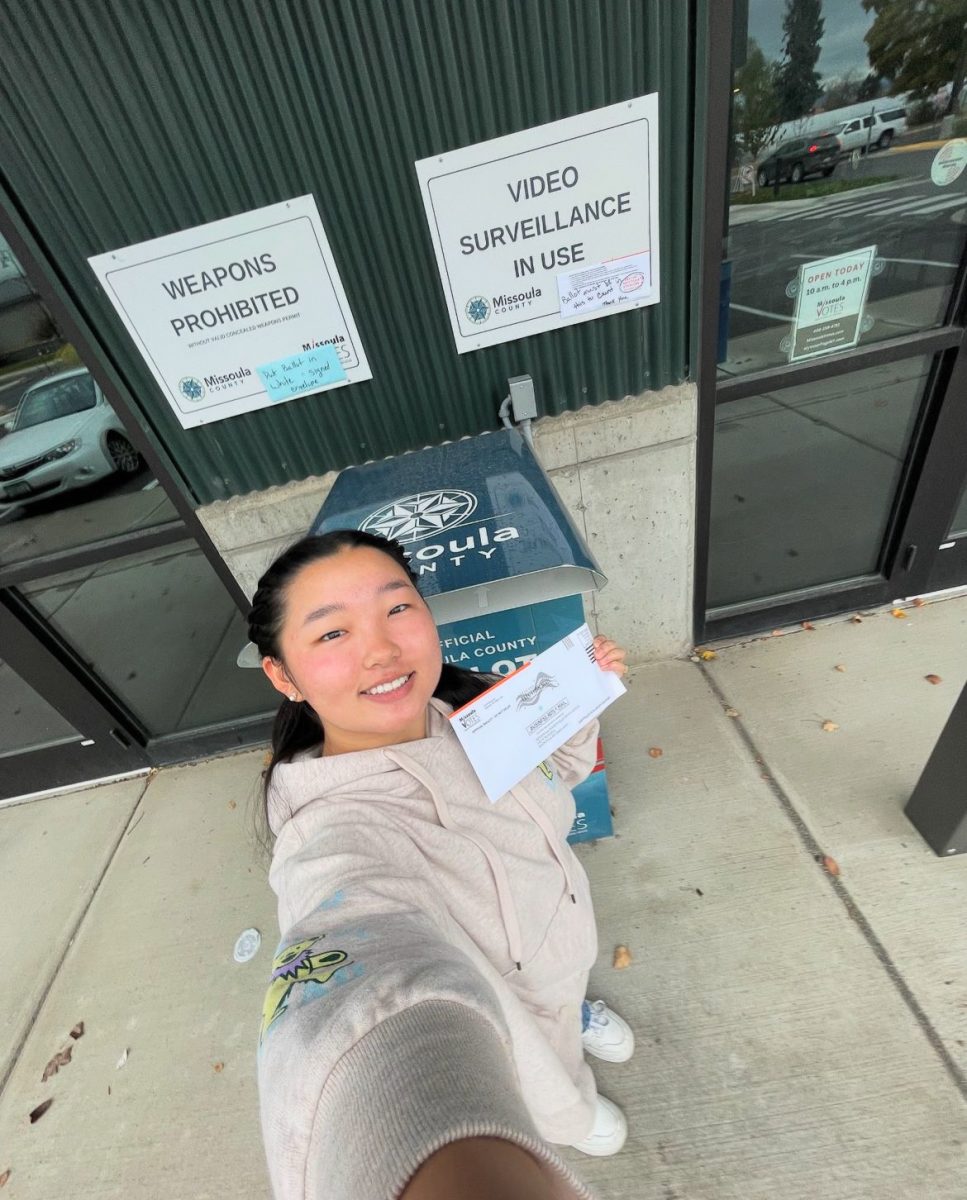The Electoral College is a unique mechanism used in the United States to elect the president and vice president. Rather than using the popular vote, the Electoral College assigns each state a set number of electors based on its congress representation, and these electors ultimately determine who becomes president.
This process has been established since the founding fathers and has remained an essential part of the electoral system. The Electoral College was created in 1787 during the Constitutional Convention as a compromise between those who wanted a system based on the popular vote and those who wanted Congress to decide the president. A major concern among the founding fathers was balancing power between populous and less-populous states. They ultimately chose the Electoral College because it provided a middle ground: citizens would be able to vote, and electors would cast ballots on their behalf. This made sure each state’s influence was based on its respective population.
Each state is allotted several electors equal to its number of Senators and Representatives in Congress, with 538 electors nationwide. A presidential candidate needs at least 270 electoral votes to win the presidency. In most states the “winner takes all” rules apply, meaning the candidate that wins the popular vote in a state receives all its electoral votes. Some states, like Maine and Nebraska, use a proportional system where electoral votes can be split between candidates. This system means the popular vote does not align with the Electoral College, which happened in the 2000 and 2016 elections when candidates who lost the popular vote still won the presidency.
In recent years, the Electoral College has been a subject of debate. Many argue that this voting system disproportionately benefits smaller states and that this marginalizes voters in a state, making them feel like their vote doesn’t count. On the other hand, supporters of the system argue it maintains a balance that prevents heavily populated areas from entirely determining the election.
The popular vote should be accounted for rather than the Electoral Colleges. The electoral college creates unequal representation since it marginalizes the vote, while a popular voting system would give every vote equal voting power. Many criticize that only popular cities would determine the outcome, but this is an oversimplification. However, in these popular cities, there is a large amount of diversity which is crucial to our Electoral College system.
Popular vote would also increase voter turnout, which is essential in representing the voices of many Americans. According to the Associated Press, “more than 75 million people eligible to vote — including nearly 35 million Black, Hispanic, and Asian American people — did not cast ballots in the 2020 presidential election.” This poor turnout is because many Americans feel their vote is unimportant, or “a waste”, due to the Electoral College system. This feeling is especially prevalent in predominantly red or blue states, like Montana and California.
While some states have a similar result every election, other states’ results that don’t have a consistent political majority change every year. These are often referred to as swing or purple states, as they are unpredictable in presidential elections. This tends to shift focus towards these states when presidential elections occur, which can take focus away from other regions and social issues. By using the popular vote instead, presidential candidates would be more able to better focus on the people of America rather than specific states or counties.
This issue has even gained attention in Congress, with some officials advocating for abolishment of the Electoral College system. Despite such momentum for change, such a constitutional amendment would require ⅔ majority in Congress and ¾ votes from the states which is very challenging as many republic states favor the Electoral College. Consequently, the Electoral College remains uncertain, though it continues to be an active topic, reflecting ongoing discussions about democracy, representation, and fairness in the electoral process.






